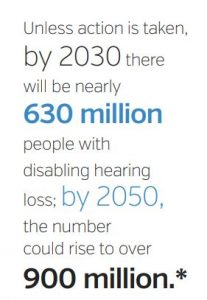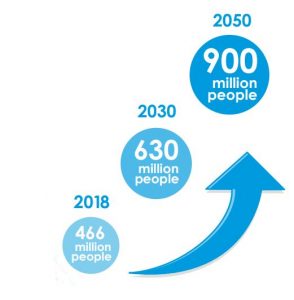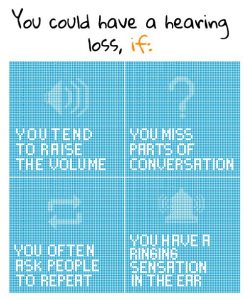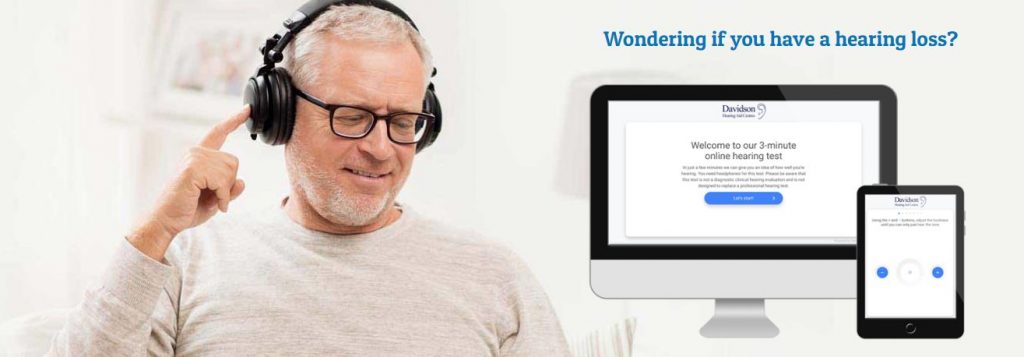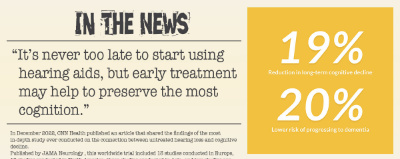World Hearing Day 2020: Check Your Hearing!
March 3rd is World Hearing Day. World Hearing Day is a campaign held each year by the World Health Organization’s (WHO), Office of Prevention of Blindness and Deafness.The campaign’s objective is to share information and promote actions towards the prevention of hearing loss and improved hearing care. The first event was held in 2007. Before 2016 it was known as International Ear Care Day. Each year, the WHO selects a theme, this year’s theme is Check your hearing!
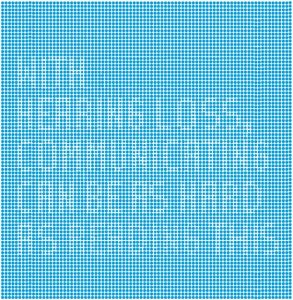
The World Health Organization has recognized hearing loss on a global scale is on the rise. In 2018 a total of 466 million people were affected by hearing loss. Those numbers are projected to rise with estimates showing nearly 630 million people being affected by hearing loss by 2030, and a estimated total of 900 million people by the year 2050.
Checking your hearing at any age is a great routine to establish. Hearing health care professionals recommend testing your hearing every 2-3 years. It is especially important for individuals who are at higher risk of hearing loss such as individuals over 50 years of age, anyone experiencing ear problems, individuals who work in noisy environments, and individuals who listen to music at high volumes for long periods of time.
Hearing loss is silent and goes unnoticed. Unlike vision, or dental problems, hearing loss is a slow progressive degeneration of our inner ear cells. On average it takes an individual 7 years to admit they have a hearing loss and seek help for it. Here are some tell tale warning signs to look out for. Although uncommon, hearing loss can be sudden in certain cases, which should be assessed immediately.
Warning Signs
- Raised volume on the TV
- Missing parts of conversations
- Requesting repetition
- Ringing sensation in the ear
- Increased frustration communicating with loved ones
- Social withdrawal
Increased Risk of Dementia
There are now studies showing the link between untreated hearing loss and the risk of developing dementia. For those with a mild hearing loss, the risk of developing dementia is 2X higher. As the hearing loss progresses, the risk of developing dementia increases further still. Those with an untreated severe hearing loss have a 4X higher risk of developing dementia than their cohorts with normal hearing.
Increased Risk of Falls
The hearing system is closely linked to our vestibular system. As a result, studies show that seniors with hearing loss are at a greatly increased risk of having a history of falls. In fact, with even a mild hearing loss, the risk of falls is 3X higher. It increases by a further 1.4X for each additional 10% drop in hearing.
Their are major benefits to seeking regular hearing health care. The hearing system has a strong relationship with our overall health. Individuals with pre-existing health conditions such as diabetes, osteoporosis, heart disease, kidney disease, or tinnitus should have their hearing checked and monitored. Individuals who smoke, or have hypertension are at a higher risk of hearing loss 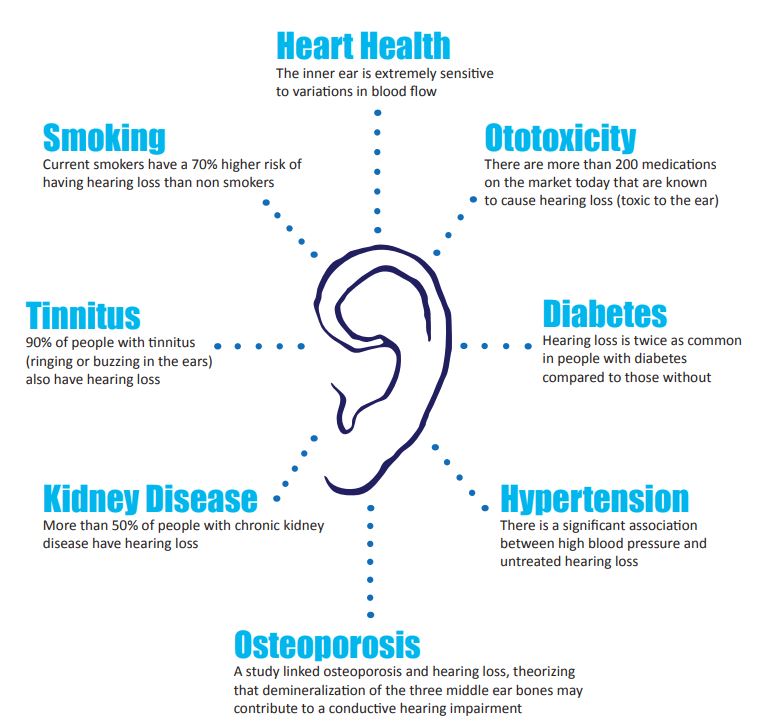
Online Hearing Screening vs. Comprehensive Hearing Evaluation
A tablet, laptop or desktop and a pair of headphones is all one will need to complete an online hearing screening. Completing the screening in a quiet environment away from any background noise will provide good results. Hearing screening is a quick way to help gauge an individual’s hearing ability. Most online hearing screenings contain a questionnaire and a series of interactive audio tones the listener should to respond to. It is a simple pass-fail evaluation. Results will indicate whether you should consider having a comprehensive hearing evaluation performed by a hearing professional.
An Audiologist, or Hearing Instrument Specialist is responsible for running a comprehensive hearing evaluation. The appointment typically lasts one hour where the hearing professional will look at your ear health, hearing and medical history, discuss hearing loss implications in daily life, perform a comprehensive hearing test, explain all of the results with you in a clear and concise manner, and discuss any possible suggestions to meet your daily communication needs. Bringing a close friend or family member to the appointment can help when discussing how hearing loss affects your daily life.
Take our 3-minute online hearing screening. Once completed, the results will show you if you have Good, Fair, or Poor Hearing.


